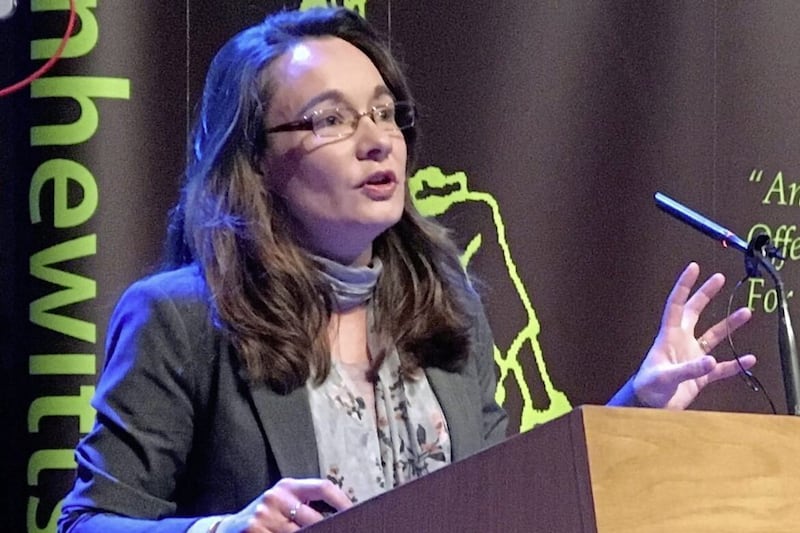Northern Ireland's Remain vote would receive an even stronger endorsement than two years ago if there was another referendum on EU membership, according to a new study.
A total of 69 per cent would favour staying in the EU if there was another poll compared to 56 per cent that voted Remain in 2016, the UK in a Changing Europe project said.
Catholics were much more likely to support a united Ireland if there was a "hard exit" in which the UK left the customs union and single market.
Brendan O'Leary a visiting professor at Queen's University Belfast (QUB), said more people had become aware of the "possible costs and inconveniences" of severing ties with Brussels.
Findings from the research included:
:: Catholics were much more likely to support a united Ireland if there was a hard exit in which the UK left the customs union and single market;
:: 28 per cent of Catholics would vote for a united Ireland if the UK changed its mind and remained in the EU while 53 per cent of Catholics would vote for a united Ireland if there was a hard exit in which the UK left the customs union and single market.
:: One in five Catholics found the possible use of cameras at the Irish border "almost impossible to accept" and nearly one in 10 Catholics (9 per cent) would support cameras being vandalised.
:: There were strong expectations that protests against checks at the Irish border or between Northern Ireland and the rest of the UK would quickly become violent.
:: 61 per cent of the population favoured the UK as a whole remaining in the customs union and single market.
QUB Professor of Political John Garry said Catholics and Protestants most preferred the option that would avoid the need for any new barriers on borders.
The survey was carried out for the Economic and Social Research Council which is funding the UK in a Changing Europe project.




